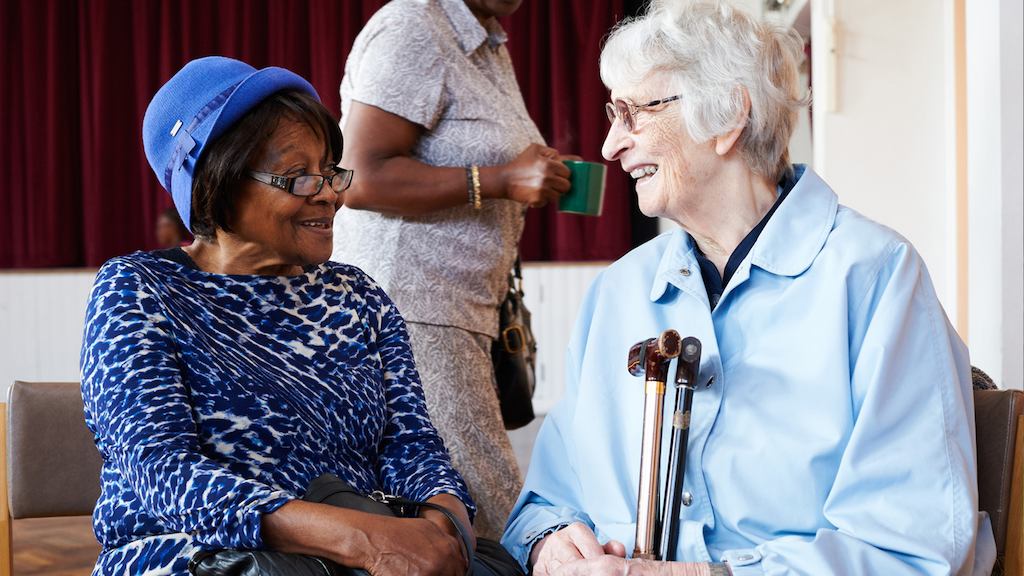Inequalities exist within generations, as well as between them

Inequalities exist within generations, as well as between them. “If you’ve not got good health, you can’t even make money.” Trevor, Struggling and Alone.

Inequalities exist within generations, as well as between them. “If you’ve not got good health, you can’t even make money.” Trevor, Struggling and Alone.
Contact our team for more information
Contact us